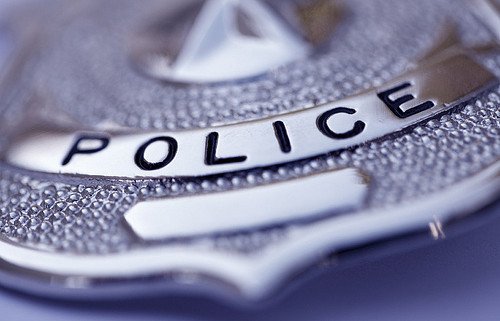What Are the Duties of a Police Criminal Intelligence Investigator?
What Are the Duties of a Police Criminal Intelligence Investigator?

The word "intelligence" in law enforcement brings to mind top-secret, covert operations. In reality, "intelligence" is just another word for "information." Police agents who gather intelligence to study and solve crimes use what's called "tactical intelligence." Their targets range from organized crime, bank robberies, kidnapping, extortion and corruption, to civil rights violations and copyright infringements. These investigators typically work for local police departments and federal agencies.
Tactical vs. Analytical Intelligence

Police criminal intelligence investigators differ from intelligence analysts by gathering information and evidence to prove someone broke the law. Their work begins after an alleged crime occurs and continues until a case is solved or temporarily closed. Intelligence analysts don't prove a crime occurred. They gather information around the clock and provide government agencies, law enforcement organizations, the military and other officials with the findings. Crime-solving isn't their mission, but the information they collect can be used to prevent crime or accuse or prosecute offenders.
Tasks
Police criminal intelligence investigators collect information from multiple sources. They observe and interview witnesses and suspects. They look for clues at crime scenes and pick up fingerprints, items and any other signs of physical evidence. They take photographs to build investigations. They record suspects' overall appearance, including weight and height measurements. They listen to complaints and allegations of charges from victims and observers. If necessary, they get search warrants to enter and inspect properties for evidence and arrest warrants when investigations lead to suspects. After analyzing all the information collected, they report the findings in detailed investigative reports. Criminal intelligence investigators often are called before grand juries to present their investigative findings. They also share intelligence with law-enforcement agents in other jurisdictions.
Skills
Criminal intelligence investigators need critical-thinking skills to evaluate information and evidence, understand the connection between related concepts and draw reasonable conclusions. They must be active listeners and savvy interrogators -- taking time to ask questions and understand responses -- when gathering information from crime victims, observers and suspects. They need coordination skills to construct and monitor investigations, which can often involve scores of people and pieces of information. Proficiency in reading and writing helps investigators interpret findings and prepare reports. Clear, straightforward verbal skills help them effectively communicate investigation details to fellow officers and others in the case, and give court testimonies.
Education and Training
About 42 percent of criminal investigators are high school graduates, according to ONet Online, a U.S. Department of Labor resource. Almost as many -- 39 percent -- have some college and 15 percent have associate's degrees. By contrast, 75 percent of intelligence analysts have bachelor's degrees. Criminal investigators receive much of their training through vocational schools, experience on the job, apprenticeships or two-year degree programs. The median, or mid-point, wage for criminal investigators is $35.72 an hour, or $74,300 a year, ONet reports.

nice